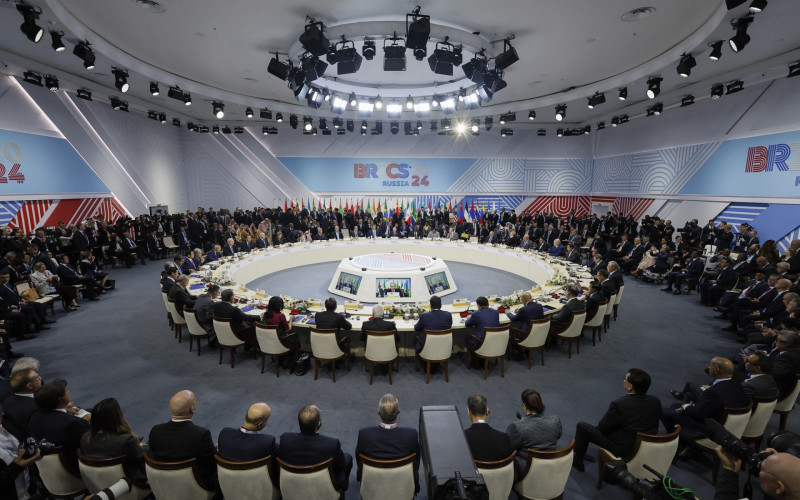Summary
- The emerging General Purpose Technologies driving the ‘4IR’ include big data, the internet of things, 3D printing, artificial intelligence, blockchain, cloud computing, synthetic biology and advanced materials.
- 4IR advancements may appear less immediately relevant to emerging economies on the African continent that are still grappling with the challenges of the 2nd and 3rd Industrial Revolutions. However, African countries cannot afford to fall further behind the technological frontier, or to exacerbate the existing digital divides within their borders. Adoption of new technologies will prove crucial for rapid and sustained productivity and economic growth.
- The digital divide on the African continent is stark: 24% of the population in Africa accessed the internet in 2018, compared to 80% in Europe, and a 51% global average. This is despite the largest global growth in internet usage coming from African countries. The penetration rate in SADC (using data from 2017) is slightly higher than the continental average at 26%.
- African and other ‘follower’ countries face several overarching challenges in improving connectivity to fully harness new technologies. The largest supply side constraints include the lack of enabling ICT infrastructure as well as policy frameworks/policy agility necessary for emerging GPT investments. From a demand side, ICT skills and innovation ecosystems are necessary to take advantage of such infrastructures.
- Given that widespread internet access and affordability remain chief constraints within SADC, both ICT spectrum and infrastructure sharing among different operators are vital in reducing costs and improving coverage.
- Regional ICT studies demonstrate that digital knowledge is a significant limiting factor for those currently offline, and even among internet users, the capacity to use digital tools beyond basic functions such as word processing and internet browsing is limited.
- Digitalisation by nature is cross-cutting, and multi-stakeholder coordination forms the essence of ‘systems thinking.’








